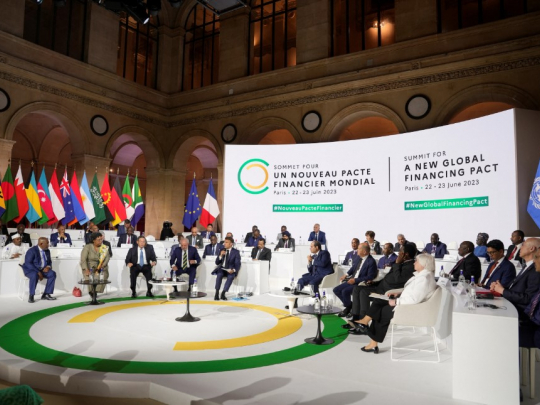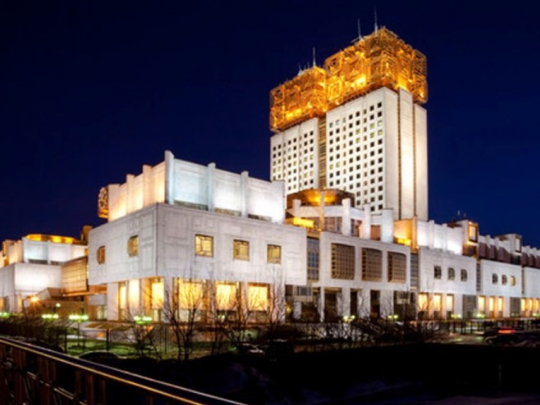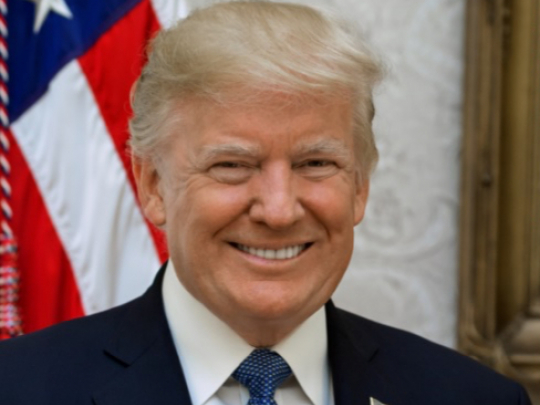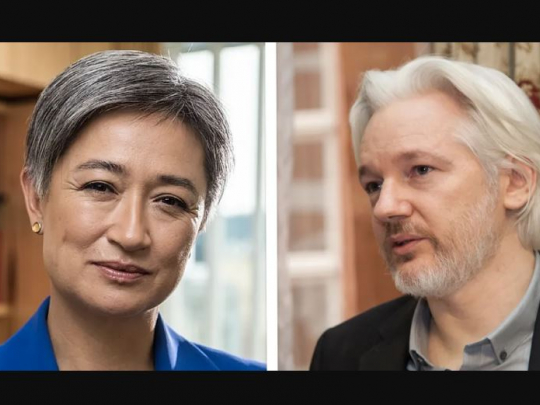Will Sudan Become the Fifth Arab League State to Normalise Ties With Israel?
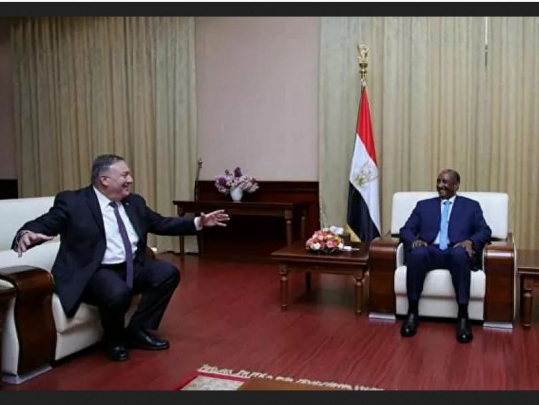
The US is reportedly pushing Sudan to normalise ties with Israel: the chances the African country would become the next to conclude a peace pact with the Jewish state after the UAE and Bahrain are high, according to political researcher Mohammad Fawzi, who has weighed up the potential consequences of the move.
Citing as yet unconfirmed reports, The Times of Israel revealed last Friday that on 14 October Washington had given Sudanese leaders a 24-hour deadline to decide whether they agree to a deal with the Jewish state "in exchange for financial aid and removal from a US blacklist of state sponsors of terror".
By August 2020 the Trump administration reached an agreement with Sudan’s new transitional government, which came to power after the August 2019 coup d'etat, that the country would be removed from the terror list after meeting a set of conditions including the deposition of $335 million in an escrow account for the families of US victims of terrorist attacks in 1998 and 2000. The country was designated a state sponsor of terror in 1993 "for supporting international terrorist groups, including the Abu Nidal Organization, Palestine Islamic Jihad, Hamas, and Hezbollah".
'An Offer Which is Hard to Refuse'
It emerged later that Washington offered Khartoum to establish formal diplomatic ties between Sudan and Israel as part of the deal also envisaging the provision of $300 million in economic aid and $3 billion in debt relief and investments to Sudan, according to The Jerusalem Post.
Some reports presumed that the normalisation deal with Israel was one of the major conditions for Sudan's removal from the terror list. General Mohamed Hamdan Dagalo, deputy chairman of Sudan's Sovereignty Council, told local television channel Sudania 24 on 2 October that "whether we like it or not, relations with Israel are tied to removing Sudan from the US list of states sponsoring terrorism".
However, Sudanese Prime Minister Abdalla Hamdok categorically rejected the link between the abolition of the country's state sponsor of terror status and the formalisation of Sudan-Israel ties.
"There are many divisions between the civil and military parties in Sudan", explains Mohammad Fawzi, an Egyptian political researcher. "Among these differences is the issue of normalisation. The majority of the civil forces reject this agreement because their intellectual and ideological convictions reject normalisation with Israel. In addition, these forces believe that the completion of the issue of normalisation will enhance the presence of the military component in the country. Finally civil forces believe that this issue lies beyond the mandate of the transitional authority".
For their part, the military authorities believe that the Sudanese-Israeli deal which offers certain economic benefits will strengthen their positions in the country's political arena thus allowing them to stay in power after the transition period, according to the researcher.
Sudan's continued presence on the lists of state sponsors of terrorism, has already had a lot of negative consequences for the Sudanese economy: the state cannot obtain grants, support and investments, Fawzi emphasises.
"In the end, it seems that this issue as a whole will deepen the differences between the various Sudanese parties, and there is even news of the possibility of the Hamdok government's resignation once this deal is completed," he remarks.
Winners & Losers of the Potential Israeli-Sudanese Deal
Rapid developments indicate that Sudan is likely to be the fifth Arab League country to normalise relations with Israel, which comes in light of US pressure in the context of the so-called Middle East peace project adopted by the Trump administration, according to the Egyptian researcher.
Though for Sudan it is an opportunity to improve ties with the US and get much needed financial aid, for Israel it would be a strategic gain because Sudan, an African state, would become a gateway for Israel for a stronger presence in the continent. In addition it would have a better access to landlocked South Sudan which has maintained full diplomatic ties with the Jewish state. As of April 2019, Israel had formal diplomatic ties with 41 out of 46 sub-Saharan African countries and embassies in 11 out of 54 African states.
"On the other hand, Sudan is an Arab state, so the normalisation of relations with it represents a victory for the Israeli side and a break with the longstanding perception that Israel is the main enemy of the Arab world", Fawzi says.
The Trump administration is likely to benefit from the upcoming pact as well, he believes: "Donald Trump will try to use the decision to serve his chances in the next election, especially as his rival Joseph Biden's chances of success grow".
At the same time, the Israeli-Sudanese deal would help Washington to proceed with its "deal of the century": "The project that the Trump administration has campaigned and is seeking to implement in the Middle East seeks to replace the list of threats to Arab national security, and make Iran and its affiliated movements the first and the main threat", he notes, adding that Israel would be seen as a "friendly country" instead.
"I believe that this decision will be issued very soon, perhaps within hours and possibly in days, but the impact of the resolution will of course have serious implications", he emphasises lamenting the fact that the decision is likely to leave Palestinian Arabs out in the cold, given that previously Arab states regarded the establishment of a sovereign Palestinian state as a prerequisite for concluding diplomatic pacts with the Jewish state.
- Source : Ekaterina Blinova





